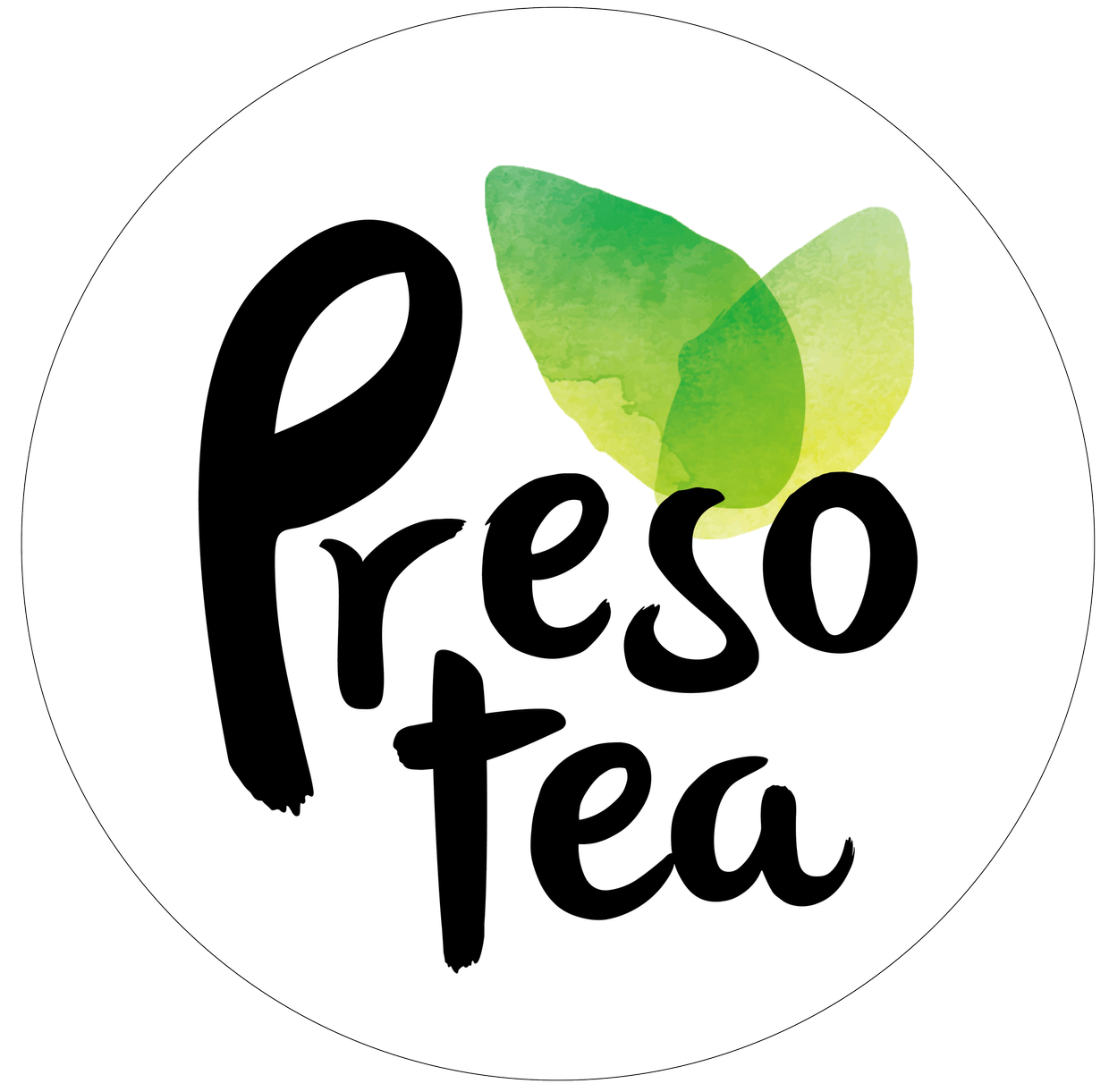The tea industry in the United States has been experiencing significant growth in recent years, with specialty tea shops and bubble tea franchises gaining popularity across the country. For entrepreneurs looking to enter this market, starting a tea shop franchise can be an attractive business opportunity. This article will provide a comprehensive market analysis and explore the profitability potential of tea shop franchises in the USA.
Market Analysis: The Tea Industry in the USA
Growing Demand
The U.S. tea market has been steadily expanding, driven by several factors:
- Health Consciousness: Consumers are increasingly seeking healthier beverage options, and tea is often perceived as a healthy choice.
- Diversity of Offerings: From traditional teas to innovative blends and bubble teas, the variety appeals to a wide range of consumers.
- Social Experience: Tea shops often provide a social space, similar to coffee shops, attracting customers looking for a place to meet or work.
- Cultural Influence: Growing cultural diversity in the USA has introduced various tea traditions to the mainstream.
Market Size and Growth
The U.S. tea market was valued at $12.5 billion in 2020 and is expected to reach $18.4 billion by 2025, growing at a CAGR of 8.4%. This growth encompasses various segments, including ready-to-drink teas, loose leaf teas, and bubble tea.
Consumer Demographics
Tea shops attract a diverse customer base:
- Millennials and Gen Z: Often drawn to unique and Instagram-worthy bubble tea offerings.
- Health-conscious adults: Attracted to the perceived health benefits of traditional teas.
- Business professionals: Looking for alternatives to coffee shops for meetings and work spaces.
- Students: Seeking study spaces and affordable treats.
Profitability Insights for Tea Shop Franchises
Revenue Potential
The revenue of a tea shop franchise can vary widely based on location, brand recognition, and local competition. However, successful tea shop franchises often report annual revenues ranging from $250,000 to $750,000 per location.
Profit Margins
Tea shops generally enjoy healthy profit margins due to the relatively low cost of goods sold. Typical profit margins for tea shop franchises range from 10% to 25% of revenue, depending on various factors such as rent, labor costs, and operational efficiency.
Factors Affecting Profitability
- Location: High foot traffic areas typically generate more sales but may have higher rent costs.
- Menu Diversity: Offering a range of products (e.g., teas, bubble teas, snacks) can increase average transaction value.
- Operational Efficiency: Streamlined processes can help control labor costs and improve customer service.
- Marketing: Effective local marketing and social media presence can drive customer acquisition and retention.
- Brand Recognition: Franchises with strong brand recognition may see higher customer traffic and loyalty.
Initial Investment and Ongoing Costs
Starting a tea shop franchise typically requires an initial investment ranging from $150,000 to $500,000, depending on the brand and location. This includes:
- Franchise fee
- Store build-out and equipment
- Initial inventory
- Training and marketing costs
Ongoing costs include:
- Royalty fees (typically 4-8% of gross sales)
- Marketing fees (1-3% of gross sales)
- Rent
- Labor
- Inventory
- Utilities and other operational expenses
Challenges and Considerations
- Competition: The growing popularity of tea shops means increased competition in many markets.
- Seasonality: Some locations may experience fluctuations in sales due to weather or tourist seasons.
- Supply Chain Management: Ensuring a consistent supply of quality ingredients is crucial.
- Staff Training: Proper training is essential to maintain product quality and customer service standards.
- Changing Consumer Preferences: Staying ahead of trends and adapting to changing tastes is important for long-term success.
Choosing the Right Franchise
When considering a tea shop franchise, evaluate the following:
- Brand Reputation: Research the brand’s standing in the market and customer reviews.
- Support Systems: Look for franchises offering comprehensive training and ongoing support.
- Product Quality: Ensure the franchise is committed to using high-quality ingredients.
- Innovation: Choose a brand that shows a willingness to innovate and adapt to market trends.
- Financial Requirements: Make sure the investment aligns with your budget and financial goals.
Conclusion: Is a Tea Shop Franchise Profitable in the USA?
Based on market trends and industry data, starting a tea shop franchise in the USA can indeed be a profitable venture. The growing demand for tea, coupled with the benefits of a franchise system, presents a promising opportunity for entrepreneurs.
However, success is not guaranteed and depends on various factors, including location, operational efficiency, and the ability to meet local consumer preferences. Potential franchisees should conduct thorough research, carefully evaluate different franchise opportunities, and consider their own skills and resources before making a decision.
With the right approach, a tea shop franchise can offer a path to business ownership in a growing industry, with the potential for attractive returns on investment. As the tea market in the USA continues to expand, now may be an opportune time to explore this exciting business opportunity.

